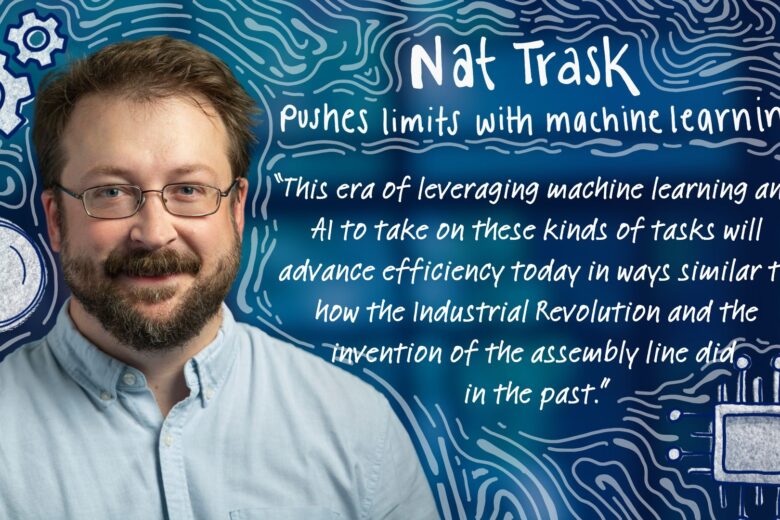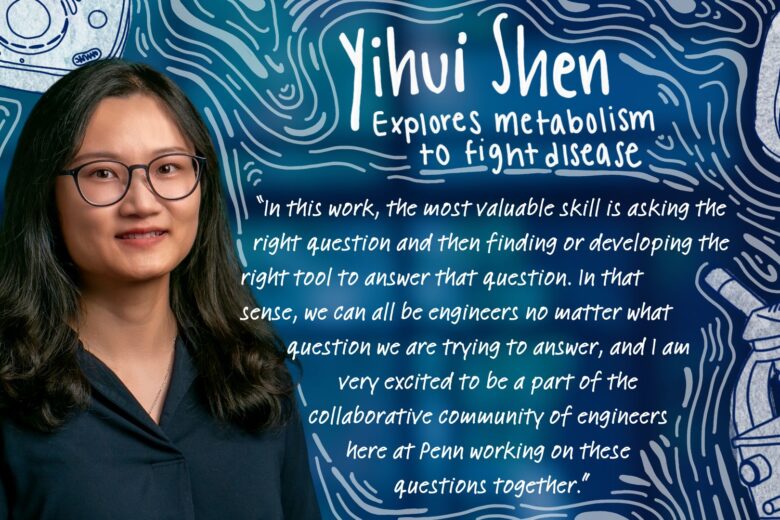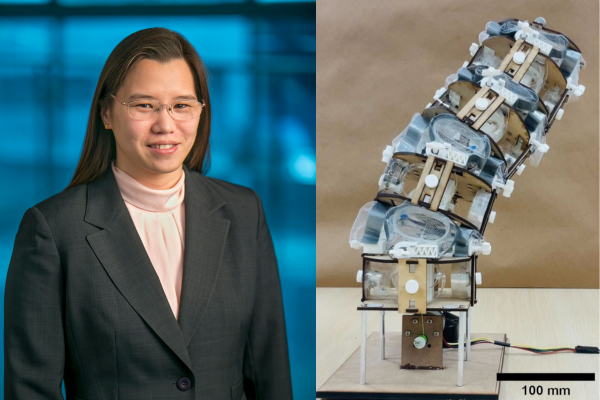
Machine-generated text has been fooling humans for the last four years. Since the release of GPT-2 in 2019, large language model (LLM) tools have gotten … Read More ›

Machine-generated text has been fooling humans for the last four years. Since the release of GPT-2 in 2019, large language model (LLM) tools have gotten … Read More ›

What if scientists and policy-makers could automate and optimize the filtering of the massive amount of data available across each system they interact with to … Read More ›

Neurological disorders such as epilepsy, Alzheimers, Parkinson’s and certain forms of dementia are the leading cause of disability and second-leading cause of disease worldwide. These … Read More ›

How do we measure chaos and why would we want to? Together, Penn engineers Dani S. Bassett, J. Peter Skirkanich Professor in Bioengineering and in … Read More ›

Enamored by the chemical processes of life, Yihui Shen, J. Peter and Geri Skirkanich Assistant Professor of Innovation in Bioengineering, started her research career as … Read More ›

Sometimes, nature’s smallest objects have the biggest impact. Take the quantum realm, which involves the building blocks of matter itself. Quantum science aims to understand … Read More ›

Inspired by the variety of muscles that control movement in animals, Cynthia Sung, Gabel Family Term Assistant Professor in Mechanical Engineering and Applied Mechanics (MEAM) … Read More ›

The ASSET Center at Penn Engineering aims to make AI-enabled systems more “safe, explainable and trustworthy.” AI can have a transformative impact on the broad … Read More ›

Scientists have been studying bones and how they break for over a century, but they’ve primarily been doing so on the large scale, examining entire … Read More ›

Penn Engineering faculty bring the spirit of entrepreneurship to life through their collaborations in a wide range of startups, products and external partnerships each year. … Read More ›